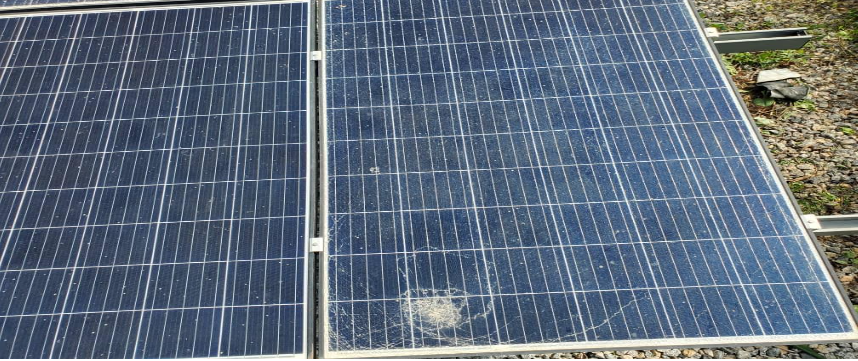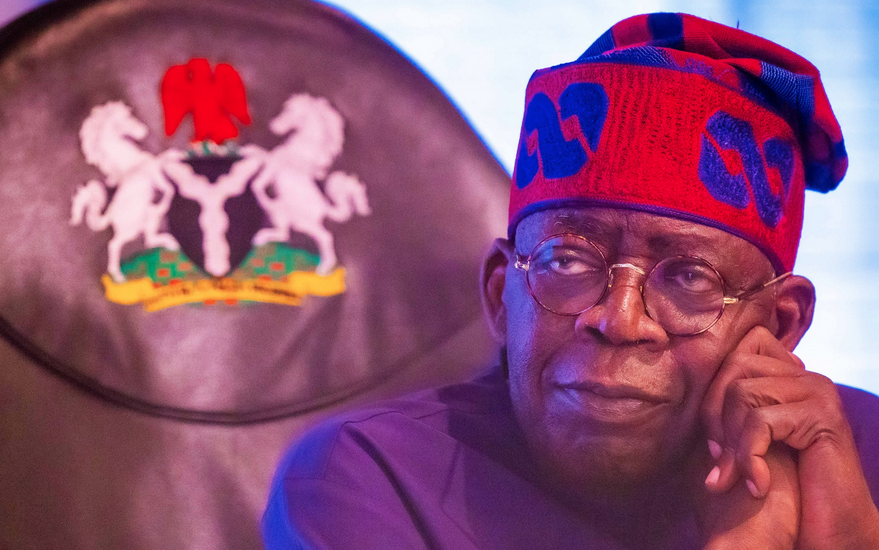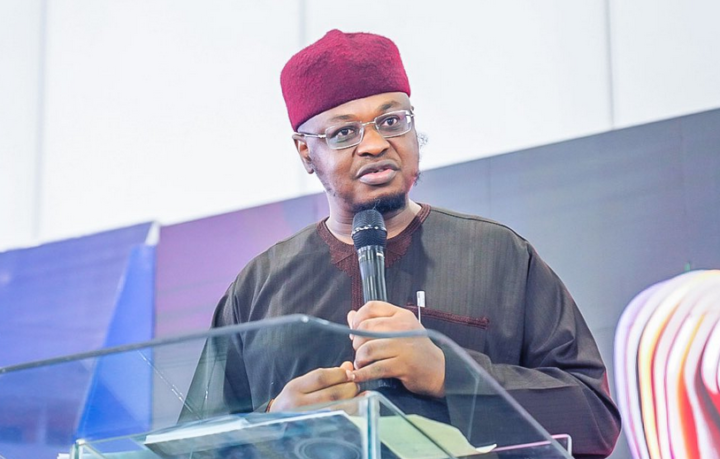(Damaged Solar Panel soon to be decommissioned)
On 3 March 2020, the federal government of Nigeria, in compliance with global best practices, announced a nationwide lockdown due to the COVID-19 pandemic following recorded cases of the virus in Lagos and Abuja. Although the then president, Muhammadu Buhari, announced only a two-week lockdown, it would extend by another two weeks. This was then followed by social distancing and enforced mask usage.
The Nigerian health sector was thrust into an unprecedented situation. Although the country had managed the Ebola outbreak a few years before, it was not on the same scale as COVID-19. First, Ebola was relatively contained in Lagos, and the number of infected people was minimal. Secondly, the Ebola infection rate was not on par with the Covid-19 pandemic. The pandemic ‘spread’ like wildfire and required immediate and quick intervention.
Although many Nigerians focused on the work of doctors, nurses, health workers, and those designated ‘essential workers’, and rightfully so, the success of Nigeria’s management of the pandemic was to be traced to the serious, timely and efficient work done by the Rural Electrification Agency (REA).
As part of the federal government’s strategic reaction to the pandemic, the REA implemented a Covid-19 intervention programme funded by the World Bank through the Nigeria Electrification Project (NEP). The objective was to power 100 isolation and treatment centres (ITCs) and 400 primary healthcare centres across Nigeria.
Advertisement
According to REA, “over 50 of these projects have been completed and are serving these health facilities, many more under construction. The impact is cutting down on carbon emissions, aiding quality healthcare delivery, cutting down on running costs and enabling a better environment for healthcare workers. The ITCs have equally benefited greatly from this intervention, especially regarding the availability of sustainable energy for storage of cold chain medications”.
The “COVID-19 and Beyond” Programme proved to be a success in mitigating the spread of the virus nationwide and helping medical facilities properly manage infected people. The initial intervention covered the University of Abuja Teaching Hospital Isolation Center, NCDC Public Health Laboratory in Lagos, 128 Bed Ikenne Isolation Center and Iberekodo Isolation Centre in Ogun state. Three locations were in states with the highest number of confirmed cases. So their selection by REA was not only intentional but critical to managing the growing number of affected people.
Under the “COVID-19 and Beyond” Projects, three medical centres benefitted from electricity intervention which allowed those centres to work optimally and increase the efficiency of health workers.
Advertisement
During the pandemic, the Federal Government launched the Economic Sustainability Plan initiative to support the country’s economic recovery through several interventions, including an electrification strategy for additional off-grid electrification nationwide.
Why is this intervention key to the management of Covid-19 in Nigeria? Close to 1 billion people in low- and lower-middle-income countries are served by healthcare facilities with unreliable electricity supply or with no electricity access at all, according to a new report from the World Health Organization (WHO). This significantly affects the quality of medical intervention, child mortality, successful child delivery, immunization, emergency medical intervention, health service delivery and quality of life of the patients and the health workers providing services. Without reliable electricity in all healthcare facilities, Universal Health Coverage cannot be reached, the report notes.
Electricity is needed to power essential devices – from lights and communications equipment to refrigeration or devices that measure vital signs like heartbeat and blood pressure – and is critical for routine and emergency procedures. When healthcare facilities have access to reliable energy sources, critical medical equipment can be powered and sterilized, clinics can preserve lifesaving vaccines, and health workers can carry out necessary surgeries or deliver babies as planned.
Although it has not gained the visibility and commendation it deserves, the current management of the REA is making giant strides in essential interventions that indirectly serve as the backbone of quality medical service. It is not enough that doctors know how to do their jobs but without the right environment, there will be limitations to the quality of service they can deliver.
Advertisement
What the REA has done significantly in three years, when critically examined, is to identify critical electrification projects with a deliberate spread across the nation. This balances the need of Nigerians without making any part of the country feel left out. By mapping out a national spread, the proximity of those who benefit from this electrification to their houses is close.
More importantly, the delivered projects have added value and strengthened the country’s healthcare infrastructure beyond the pandemic. Indeed, regular power supply from the projects would not only aid the work of the healthcare workers but will also help the recovery of patients.
Jerrywright Ukwu is an Abuja-based journalist. He can be reached on [email protected]
Advertisement
Add a comment





